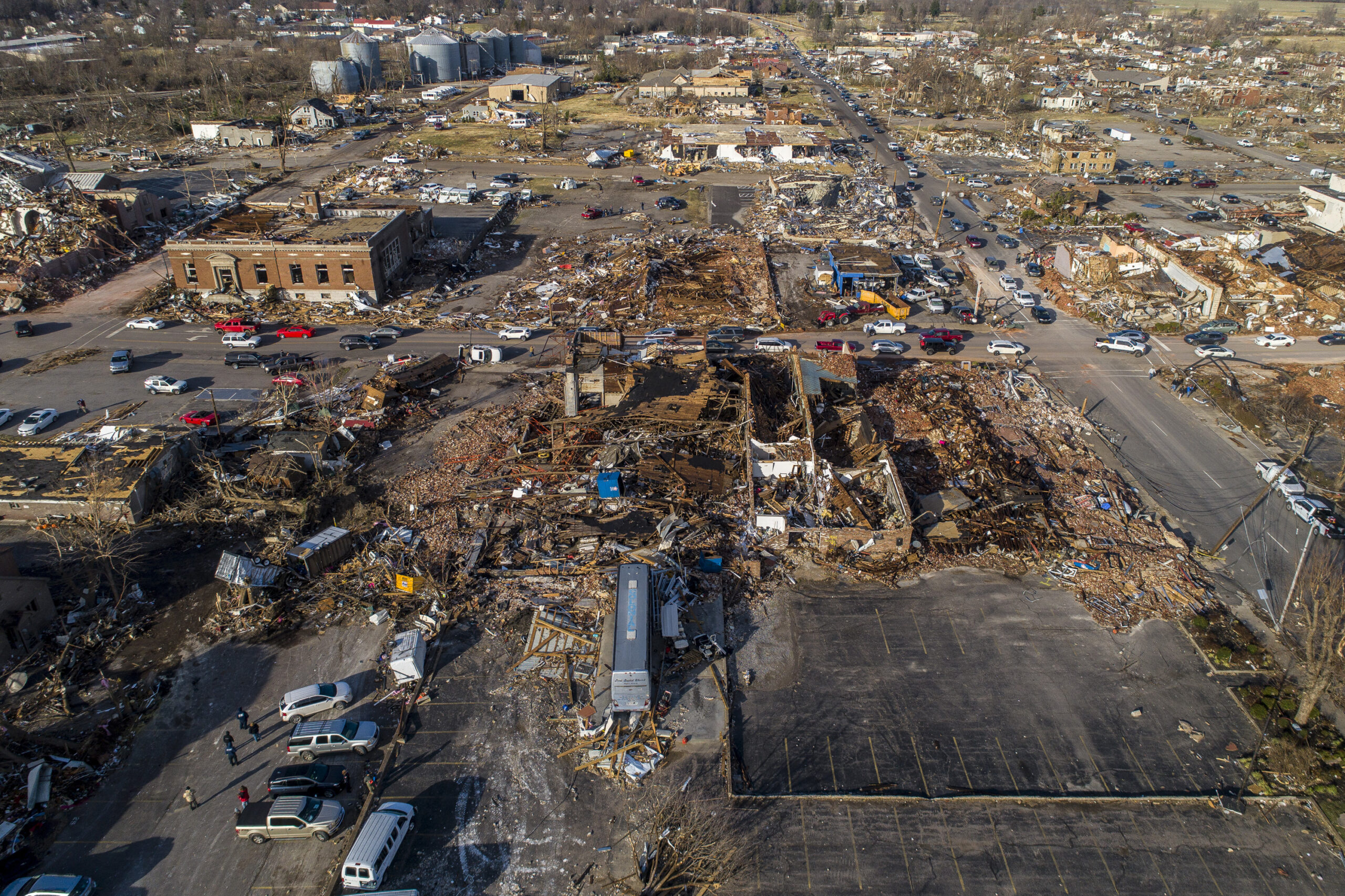Busted Newspaper Hopkinsville KY: Imagine a town’s lifeline severed, its voice silenced. This isn’t a fictional tale; it’s the potential reality facing any community deeply reliant on its local newspaper. We delve into the rich history of Hopkinsville, Kentucky’s print media, exploring the triumphs and tragedies, the booms and busts that have shaped its narrative. From founding dates to scandalous closures, we unravel the stories behind the headlines, examining what happens when a newspaper, a vital pillar of community connection, crumbles.
This exploration investigates the multifaceted meaning of “busted newspaper,” considering financial ruin, ethical breaches, and the impact of a void in local news dissemination. We’ll examine the consequences for Hopkinsville residents, comparing their past reliance on print media to the present-day digital landscape. Through hypothetical scenarios and a historical overview, we’ll paint a vivid picture of the past, present, and potential future of journalism in this Kentucky town.
Hopkinsville, KY Newspaper History: A Chronicle of Ink and Impact: Busted Newspaper Hopkinsville Ky
Hopkinsville, Kentucky, a city rich in history and community spirit, has witnessed the rise and fall of numerous newspapers, each playing a pivotal role in shaping its identity and reflecting its ever-evolving social, political, and economic landscape. This exploration delves into the fascinating history of Hopkinsville’s newspapers, examining their contributions, challenges, and the potential impact of a “busted newspaper” on the community.
Historical Overview of Hopkinsville Newspapers

The history of newspaper publishing in Hopkinsville is a tapestry woven with threads of local pride, journalistic ambition, and the ever-changing media landscape. From early hand-cranked presses to the digital age, newspapers have served as vital communicators, chronicling triumphs and tragedies, advocating for change, and connecting the community. Their evolution mirrors the growth and transformation of Hopkinsville itself.
Early newspapers likely focused on local events, agricultural news, and political announcements. As the city developed, so too did the scope and sophistication of its newspapers. The introduction of new printing technologies and evolving journalistic practices led to more in-depth reporting, wider circulation, and increased influence within the community.
Interpretations of “Busted Newspaper”

The phrase “busted newspaper” can encompass a range of scenarios, each with significant consequences for a community reliant on its local press. In the context of Hopkinsville, it could refer to financial insolvency leading to closure, legal battles stemming from libel or journalistic misconduct, or a major scandal eroding public trust. A “busted” newspaper might also signify a significant retraction of a major story, revealing journalistic malpractice and undermining credibility.
- Financial Difficulties: Declining advertising revenue, coupled with rising printing costs, could lead to bankruptcy and closure.
- Legal Issues: A lawsuit stemming from a defamation claim could cripple a newspaper financially and reputationally.
- Journalistic Failure: Publication of a demonstrably false or misleading story, or a failure to adhere to ethical journalistic standards, could severely damage credibility.
Hypothetical Scenario: A “Busted” Hopkinsville Newspaper
Imagine the Hopkinsville Herald, a long-standing local newspaper, facing a devastating financial crisis. Declining print subscriptions and a failure to adapt to the digital age result in mounting debt. Despite attempts to cut costs and diversify revenue streams, the Herald is forced to cease publication. This scenario highlights the vulnerability of local newspapers in the modern media environment.
The consequences would be far-reaching. The community would lose a vital source of local news and information, impacting civic engagement and transparency. Local businesses reliant on the Herald for advertising would suffer, potentially leading to further economic downturn.
Impact on the Hopkinsville Community, Busted newspaper hopkinsville ky
The cessation of a major Hopkinsville newspaper’s publication would significantly impact the community’s access to local news and information. While online news sources and social media offer alternatives, they may lack the depth, context, and accountability of a dedicated local newspaper. The loss of a trusted source of information could lead to decreased civic engagement and a decline in community cohesion.
The shift from reliance on print newspapers to online sources and social media reflects a broader societal trend. While online platforms offer immediacy and reach, they also present challenges in terms of accuracy, bias, and the spread of misinformation. The community’s ability to critically evaluate information and engage in informed discussions would be affected.
Visual Representation of Hopkinsville Newspaper History
| Newspaper Name | Founding Date | Closure Date | Notable Events |
|---|---|---|---|
| The Hopkinsville Kentuckian | 1850 (estimated) | 1860 (estimated) | Covered the early development of Hopkinsville, likely reported on pre-Civil War tensions. |
| The Hopkinsville New Era | 1880 (estimated) | 1920 (estimated) | Potential shift to a more modern printing press, increased coverage of local businesses. |
| The Hopkinsville Gazette | 1900 (estimated) | 1980 (estimated) | May have covered the Pennyrile Parkway construction, or significant local industries. |
| The Hopkinsville Leader-News | 1950 (estimated) | 2010 (estimated) | Potential coverage of the Civil Rights Movement’s impact on Hopkinsville, the rise of television. |
Note: Dates are estimations for illustrative purposes. Thorough historical research would be needed to confirm precise founding and closure dates for Hopkinsville newspapers.
Hypothetical Newspaper Scandal: The Case of the Crooked Councilman
Imagine a scandal erupting at the fictional Hopkinsville Chronicle. An investigative reporter uncovers evidence of corruption involving a city councilman, revealing a scheme involving misappropriation of public funds. The reporter, facing pressure from sources close to the councilman, meticulously documents their findings, including bank statements, emails, and witness testimonies.
The resulting front-page story, titled “Councilman’s Secret Stash,” features a powerful image: a close-up of a crumpled $100 bill with the councilman’s initials subtly imprinted on it, set against a backdrop of the Hopkinsville city hall shrouded in shadow. The ethical dilemma faced by the reporter involves balancing the public’s right to know with the potential for personal risk. The article’s impact leads to a full-scale investigation, exposing a wider network of corruption and prompting significant changes within the city government.
Do not overlook explore the latest data about kitsap county deaths todayterms of use.
The story of Hopkinsville’s newspapers is a microcosm of the broader challenges facing local journalism everywhere. The potential demise of a local paper is not merely a loss of print; it’s a loss of community voice, a weakening of accountability, and a diminished sense of shared identity. While digital platforms offer alternative avenues for information, they often lack the depth, nuance, and local focus that a dedicated newspaper provides.
Understanding the past, present, and potential future of Hopkinsville’s journalistic landscape is crucial, not just for its residents, but for anyone concerned about the health of local news in the digital age. The narrative reminds us of the enduring power of community journalism and the critical need to support its continued existence.



